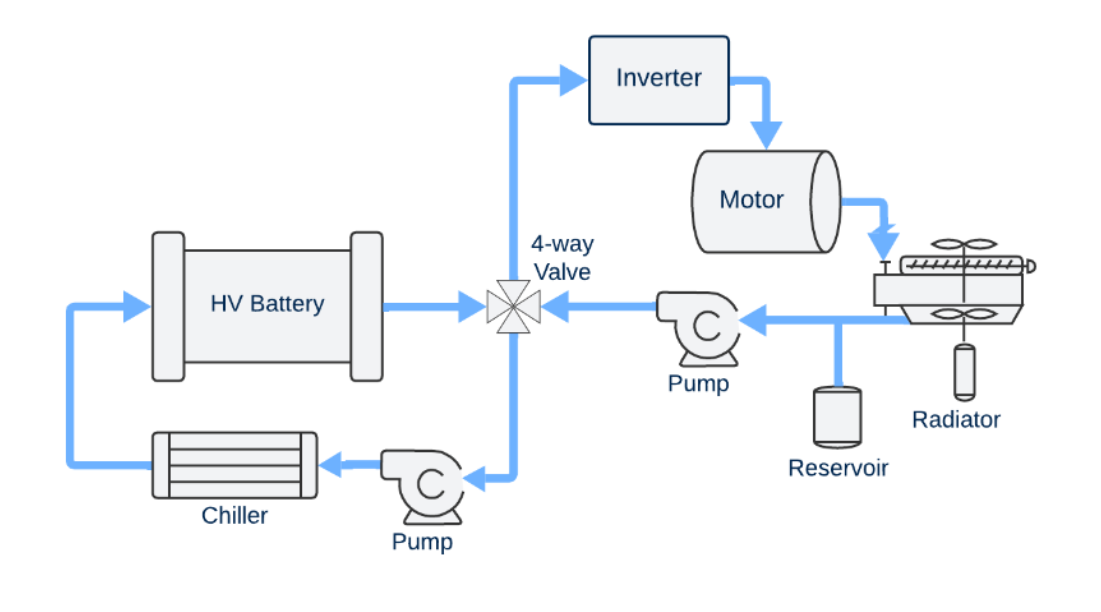Weight Loss Drugs May Deliver Weaker Results in Real Life Compared to Clinical Trials, New Study Shows
A new study suggests that people using GLP-1-based weight loss medications in everyday life do not lose as much weight as those who participate in clinical trials. However, they also tend to regain weight more slowly, offering a mixed outlook on how these drugs perform outside of controlled settings.
Published on June 10 in the journal Obesity, the study revealed that people in real-world settings often stop taking medications like semaglutide (Wegovy) and tirzepatide (Zepbound) earlier than trial participants. They also tend to take lower doses, which may explain the reduced effectiveness.
Why Weight Loss Results Differ Outside Clinical Trials
The research team examined the medical records of 7,881 adults treated at Cleveland Clinic centers in Ohio and Florida between 2021 and 2023. These individuals—average age 51 and primarily white—were prescribed GLP-1 receptor agonists for weight management. Importantly, none of them had type 2 diabetes.
Out of these, 6,109 people received semaglutide, while 1,772 were prescribed tirzepatide. The majority (around 80%) were started on lower doses.
Findings revealed a clear pattern: people in everyday situations were more likely to discontinue treatment early. About half stopped using the medication within a year—51% for tirzepatide—compared to just 14–17% in clinical trials.
This translated to more modest weight loss outcomes. Real-world semaglutide users lost an average of 8% of their body weight in 12 months, while tirzepatide users lost 12%. In comparison, clinical trials showed 15% average weight loss with semaglutide and up to 20% with high-dose tirzepatide.
Blood Sugar Benefits Still Consistent
Despite the differences in weight loss, both groups—clinical and real-world—showed similar improvements in A1C levels, a marker for blood sugar control. Notably, among people with prediabetes, 54% improved to normal A1C levels after one year, while only 3% progressed to type 2 diabetes.
Medication Adherence: A Key Factor in Success
The research highlights a crucial message: long-term commitment to treatment plays a significant role in achieving and maintaining weight loss. Dr. Mir Ali, a bariatric surgeon at MemorialCare in California, noted that obesity is a chronic condition—like diabetes or high blood pressure—and should be managed similarly with consistent treatment over time.
Dr. Sarah Kim from UCSF added that medication discontinuation is common in real-life scenarios, often due to cost, side effects, or lack of ongoing support. Clinical trial participants typically benefit from close supervision, structured routines, and free access to care—factors not always present outside research environments.
Medications Are Just One Part of the Puzzle
Experts agree that GLP-1 drugs are not miracle cures. Instead, they act as tools to suppress appetite, making it easier for people to stick to reduced-calorie diets. However, long-term success depends on lifestyle changes, including a balanced diet and regular physical activity.
“These medications help you eat less, but they don’t burn fat directly,” said Dr. Kim. “They should be viewed as a bridge to healthier habits, not a short-term fix.”
Dr. Ali added, “The ultimate goal is to help individuals achieve and maintain a healthy weight, but it requires a sustained effort.”








